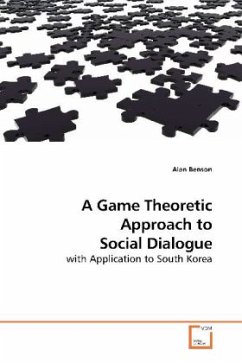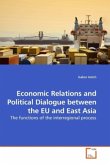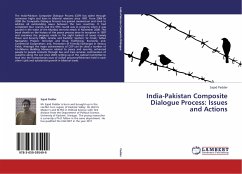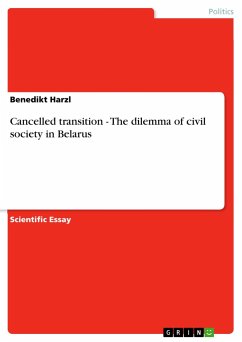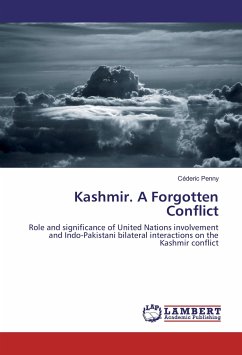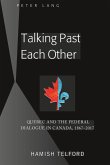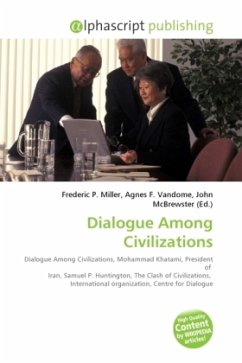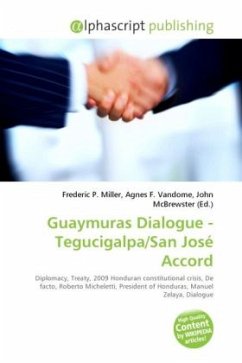This work contextualizes the ILO-recognized enabling conditions for successful social dialogue in non-cooperative game theory, potentially allowing formal model analysis to complement the field''s traditional reliance on case studies. It relates the theoretical dilemma of sustaining macroeconomic coordination to the iterated prisoner''s dilemma, and notes that the ILO''s enabling conditions for social dialogue are similar to those for sustained cooperation in iterated games, namely those given by the Folk Theorem and reputation. Most importantly, the Theorem provides a basis for dialogue''s enabling conditions to be treated holistically, quantitatively, and with clear assumptions open to scrutiny. As a result, it may formalize conceptual analysis of troubleshooting defective dialogue regimes by rationalizing the value of stabilizing partners, institutionalizing dialogue fora, embedding retaliation for defection, and accelerating communication, monitoring, and compliance. The caseof tripartism in the Republic of Korea is presented in context of the model.
Bitte wählen Sie Ihr Anliegen aus.
Rechnungen
Retourenschein anfordern
Bestellstatus
Storno

